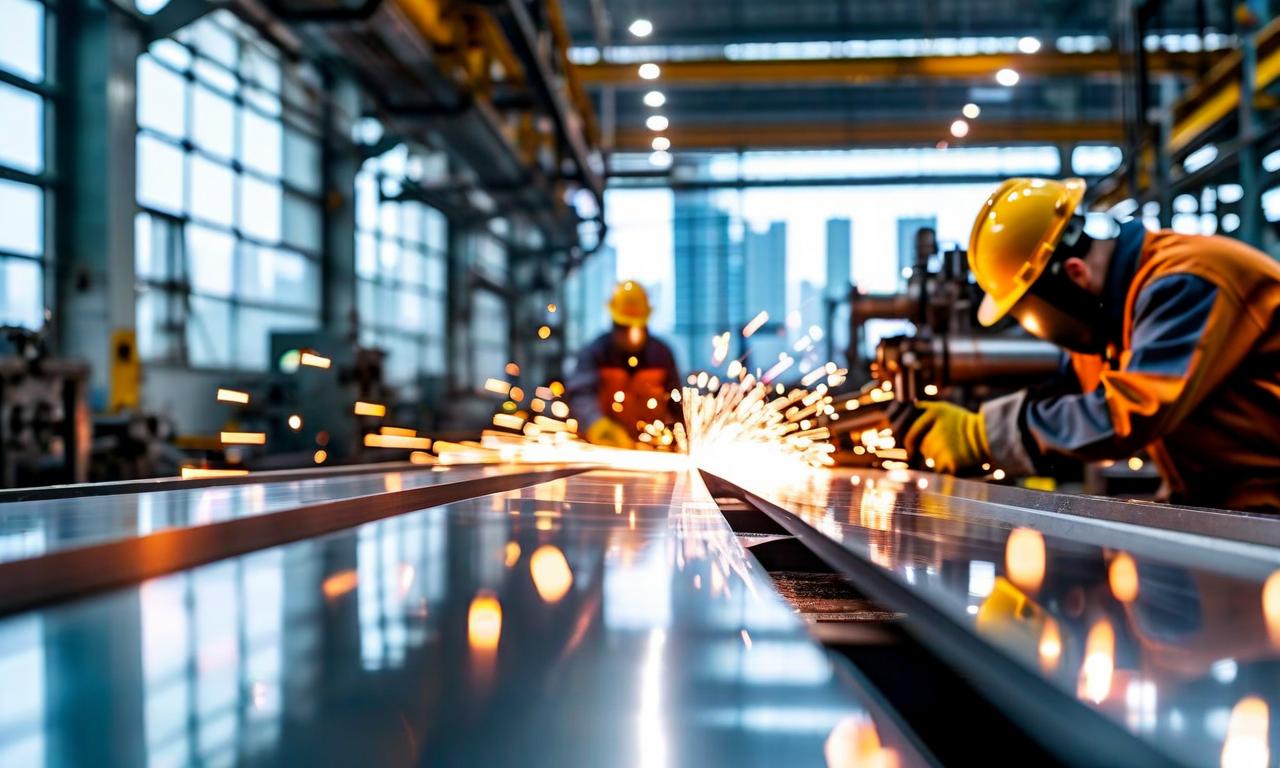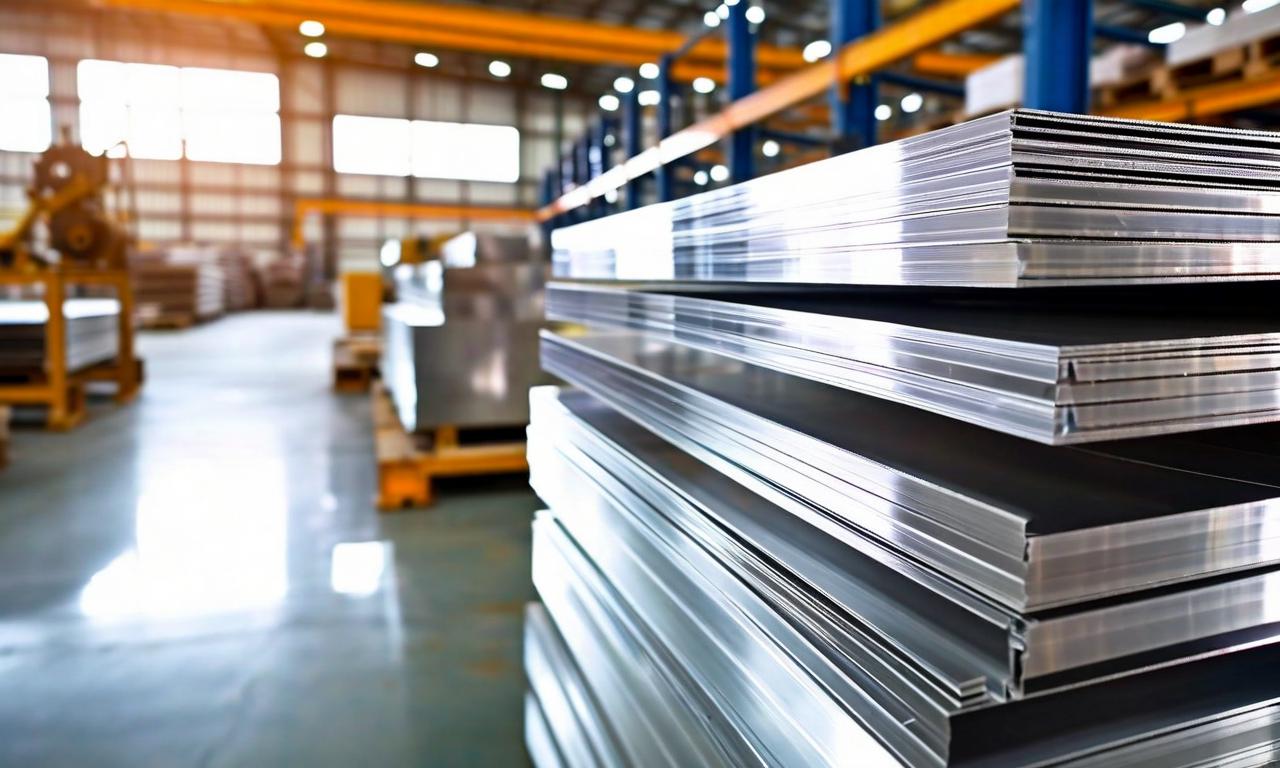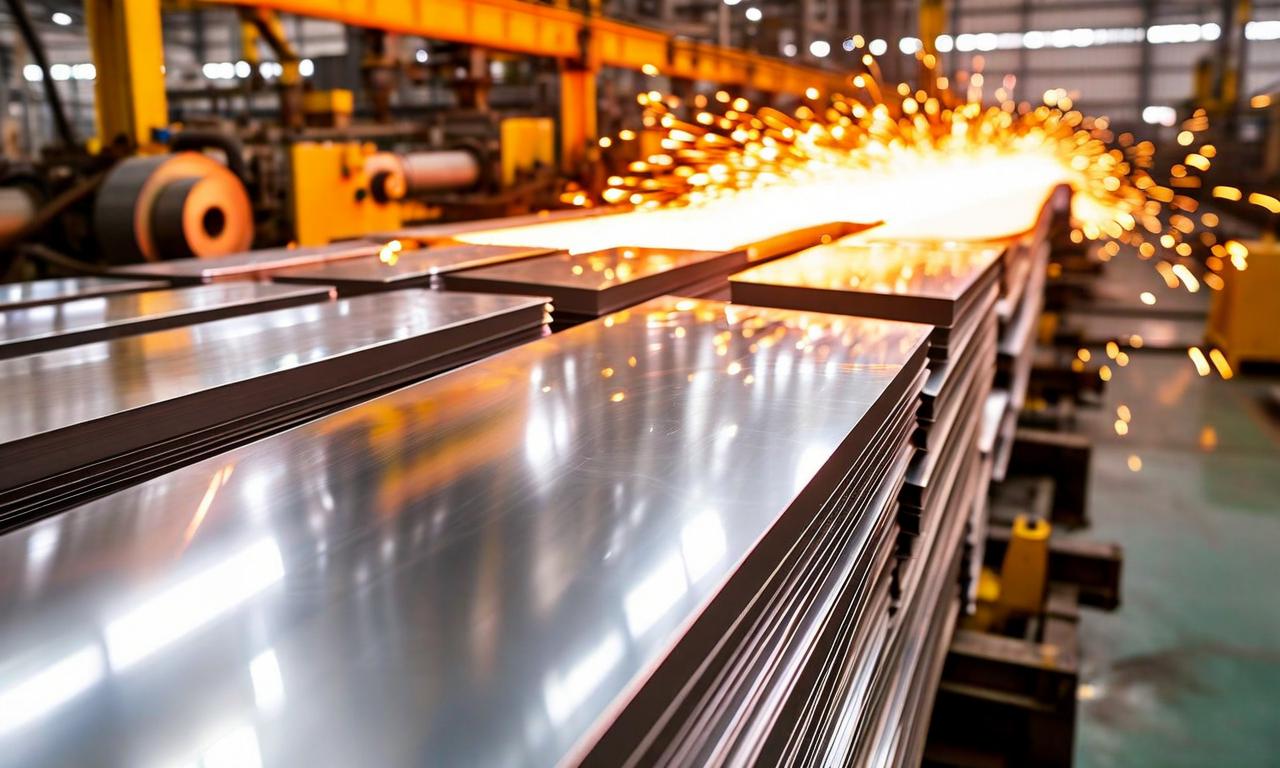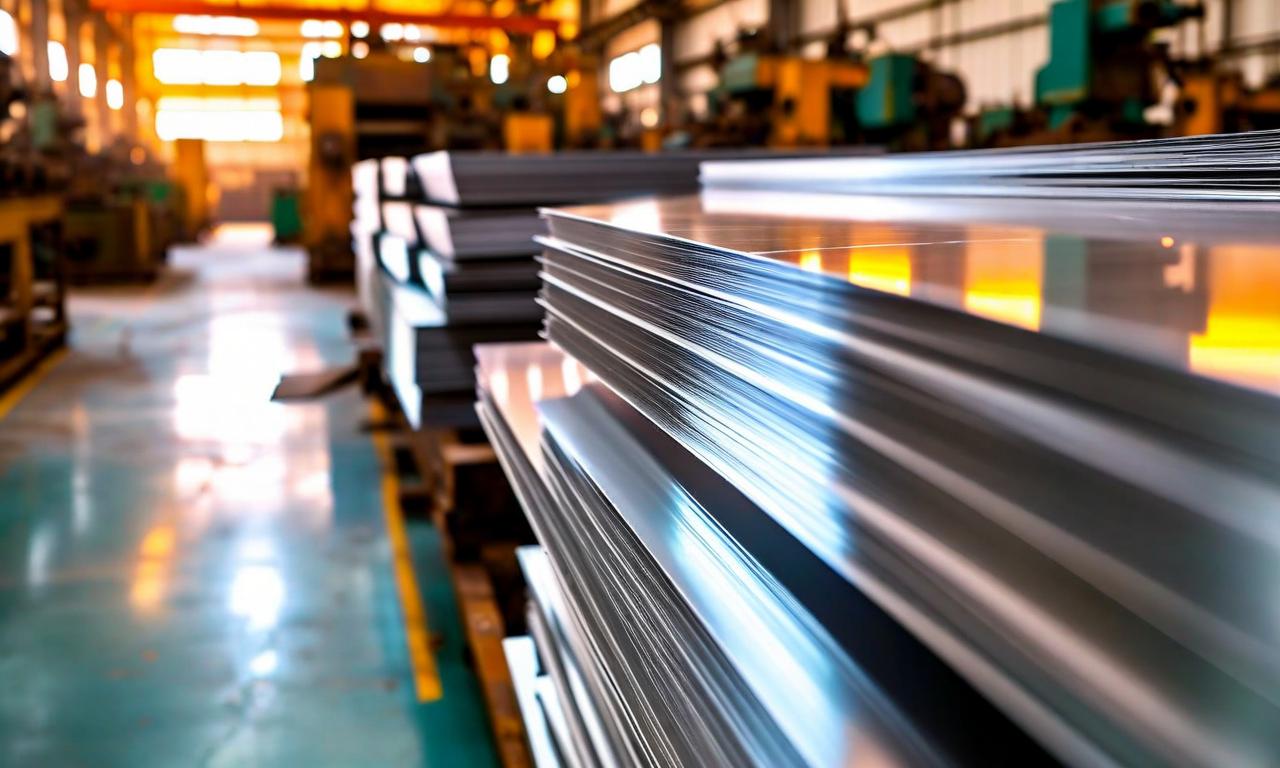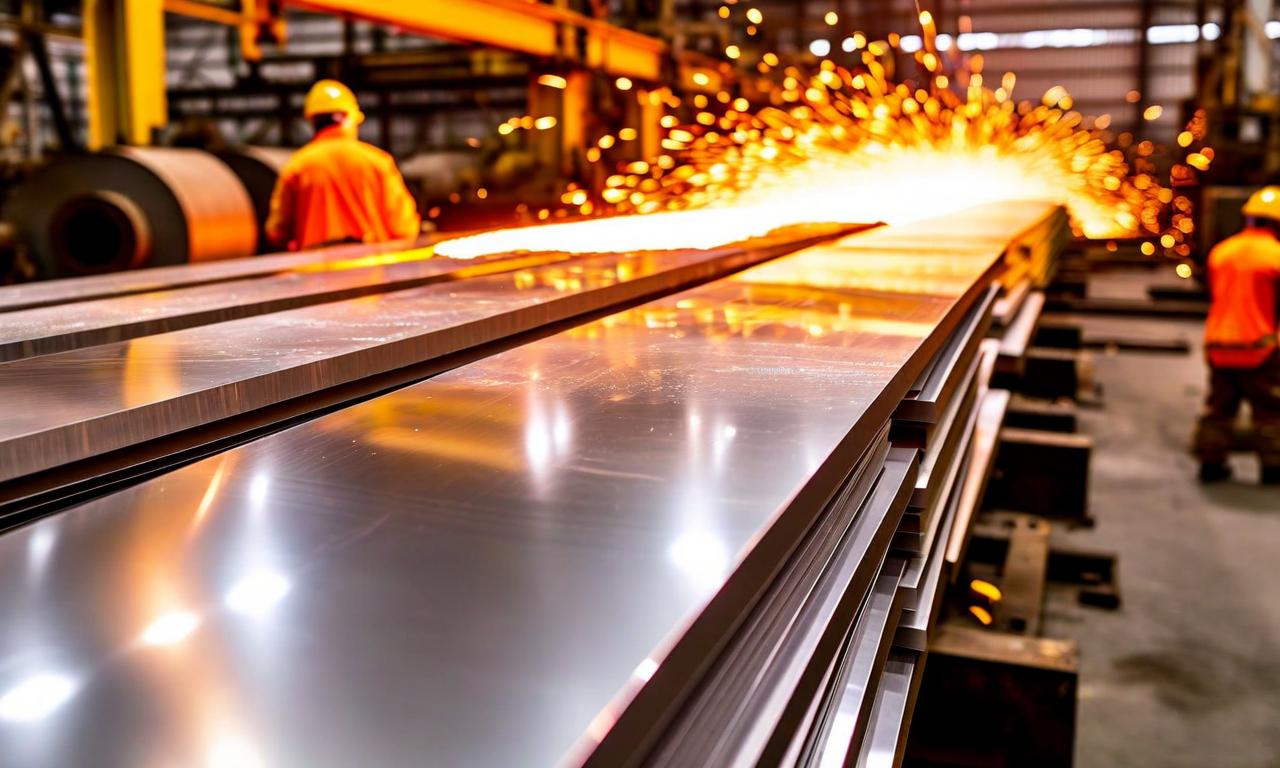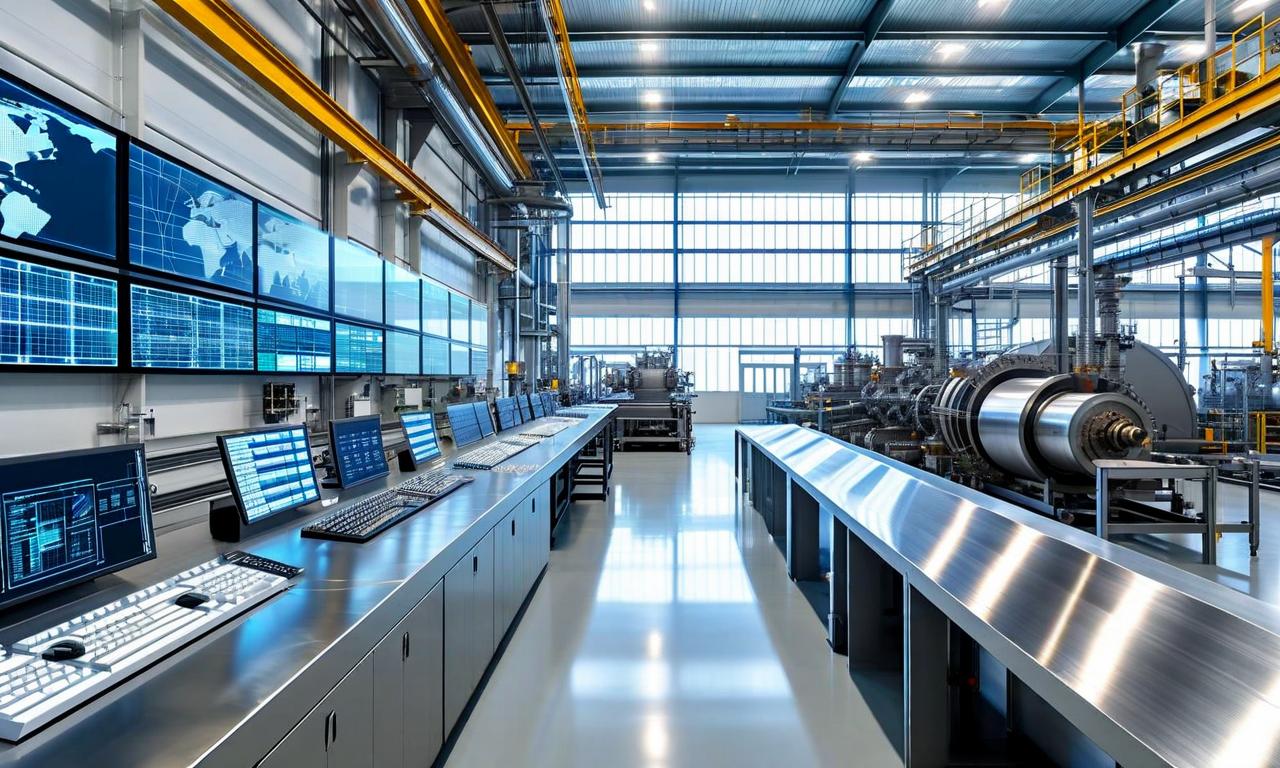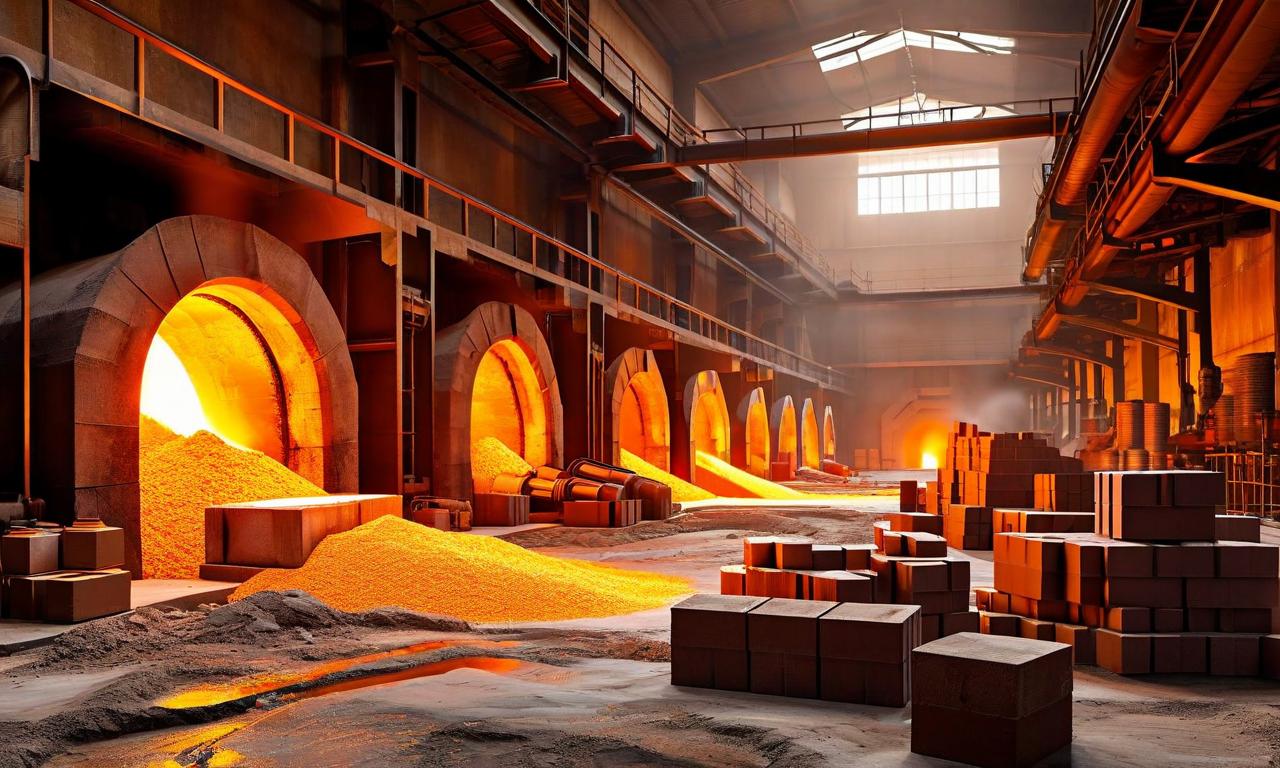Jindal Stainless Invests $150 Million in New Wet Milling Plant, Boosting Circular Production
Jindal Stainless has opened a new wet milling plant in Jajpur, Odisha, partnering with Harsco Environmental in a $150 million, 15-year agreement. The facility will double slag processing capacity, enhancing metal recovery and supporting the company's expanded operations. This investment aligns with Jindal Stainless' ESG goals, including its Net Zero emissions target by 2050. The project is expected to create 140 new jobs and improve the company's operational efficiency and cost-competitiveness.
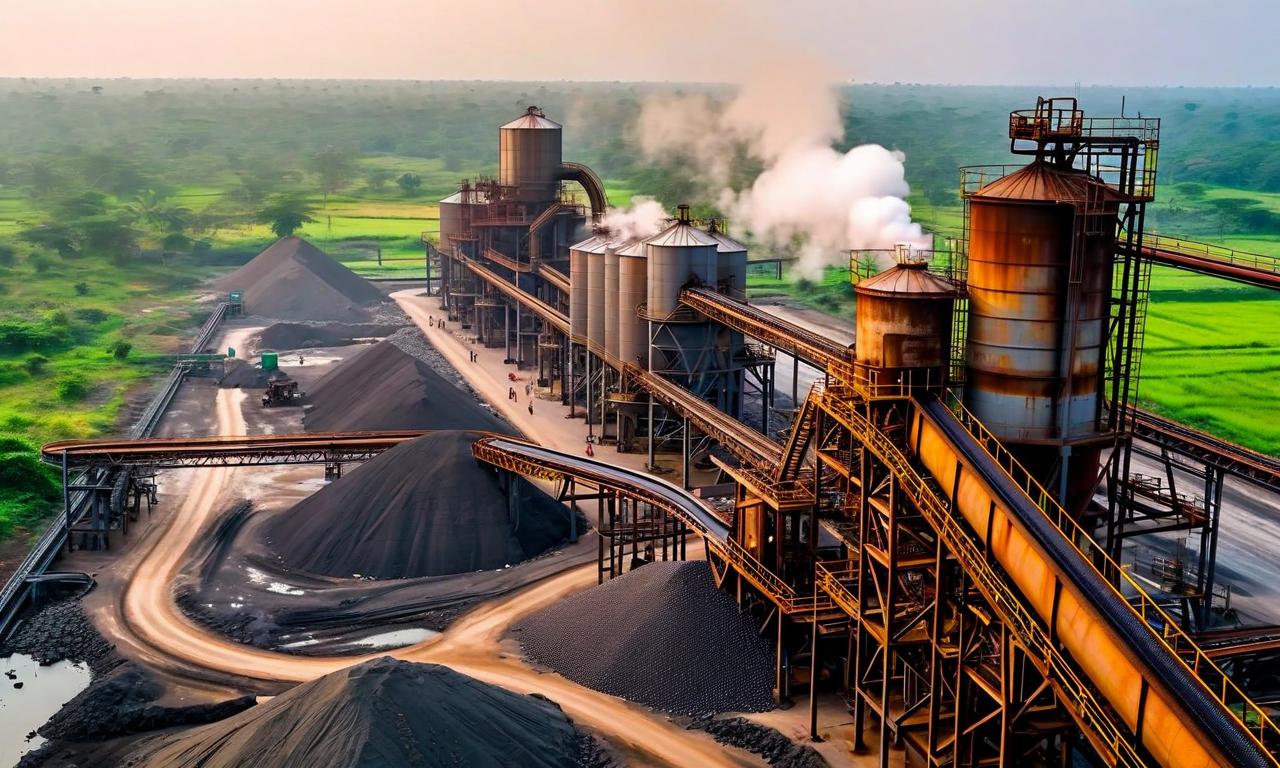
*this image is generated using AI for illustrative purposes only.
Jindal Stainless , India's largest stainless steel producer, has taken a significant step towards enhancing its circular production capabilities with the opening of a new wet milling plant in Odisha. The company has partnered with Harsco Environmental for this initiative, committing to a substantial investment of $150 million over a 15-year period.
Key Highlights of the Investment
- Location: Jajpur, Odisha
- Investment: $150 million
- Partnership: 15-year agreement with Harsco Environmental
- Job Creation: Approximately 140 new positions
Strategic Importance
The new facility is set to double Jindal Stainless' slag processing capacity, marking a crucial advancement in the company's commitment to circular production and environmental sustainability. This expansion aligns with Jindal Stainless' long-term Environmental, Social, and Governance (ESG) goals, including its pledge to achieve Net Zero emissions by 2050.
Operational Benefits
- Enhanced Metal Recovery: The wet milling plant will improve the company's ability to recover metal from industrial waste.
- Resource Conservation: By processing slag more efficiently, the plant will contribute to the conservation of natural resources.
- Capacity Support: The new facility will support Jindal Stainless' expanded capacity operations.
Environmental Impact
Jindal Stainless has been making significant strides in reducing its environmental footprint. The company reported a 14% reduction in its carbon footprint through various decarbonization initiatives. Some of their notable sustainability efforts include:
- Establishing India's first green hydrogen plant for stainless steel production
- Installing the largest captive solar energy plant within a single industrial campus in Odisha
Financial Implications
While the $150 million investment is substantial, Jindal Stainless expects to recoup this amount through improved metal recovery from slag over the course of the 15-year agreement. This strategic move is anticipated to enhance the company's operational efficiency and cost-competitiveness in the long run.
Market Position
Jindal Stainless reported:
| Metric | Value |
|---|---|
| Consolidated Annual Turnover | INR 40,182.00 crore (USD 4.75 billion) |
| Planned Annual Melt Capacity | 4.20 million tonnes |
| Global Presence | 16 manufacturing and processing facilities across India, Spain, and Indonesia |
| Distribution Network | Worldwide network in 12 countries |
This investment in circular production capabilities is expected to further strengthen Jindal Stainless' position as a leader in sustainable stainless steel manufacturing, both in India and globally.
Conclusion
Jindal Stainless' significant investment in the new wet milling plant demonstrates the company's commitment to sustainable practices and circular production in the stainless steel industry. By focusing on metal recovery and waste management, the company is not only enhancing its operational efficiency but also contributing to environmental conservation and local job creation. This move aligns with global trends towards more sustainable manufacturing processes in the metals industry.
Historical Stock Returns for Jindal Stainless
| 1 Day | 5 Days | 1 Month | 6 Months | 1 Year | 5 Years |
|---|---|---|---|---|---|
| +1.85% | -4.29% | -1.68% | +2.95% | +29.38% | +919.83% |


